The University of the South Pacific (Laucala Campus)
The University of the South Pacific was the first of its kind in the Pacific Islands when it was established in 1968. Laucala Campus was once a New Zealand Air Force base until the land and buildings were converted into USP's first campus. Since then the university has expanded to 12 member countries of which Laucala Campus is the largest campus in the region.
Last updated on 17 Jun 2025
Narrated by Thomas Kouto
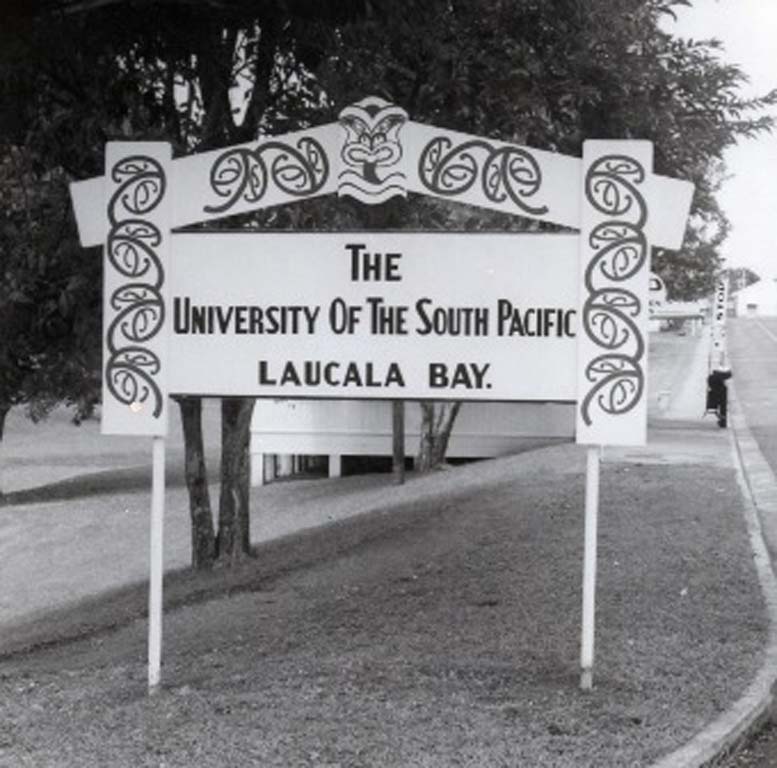
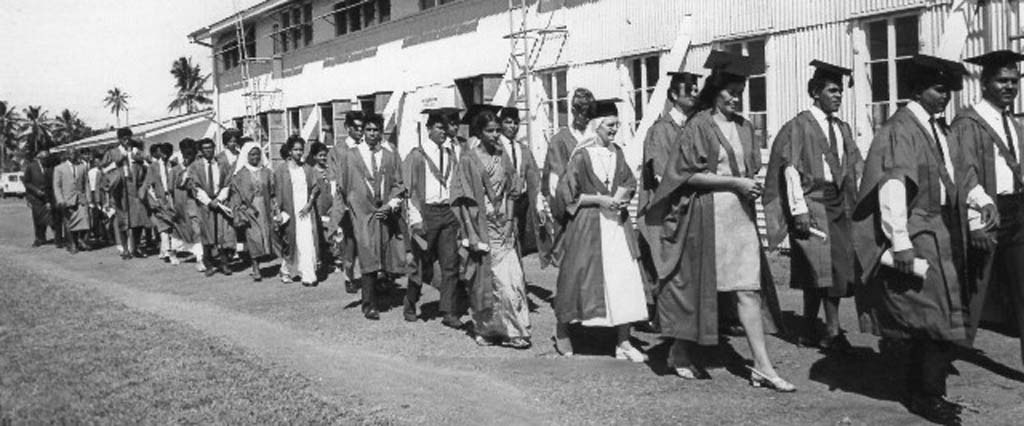
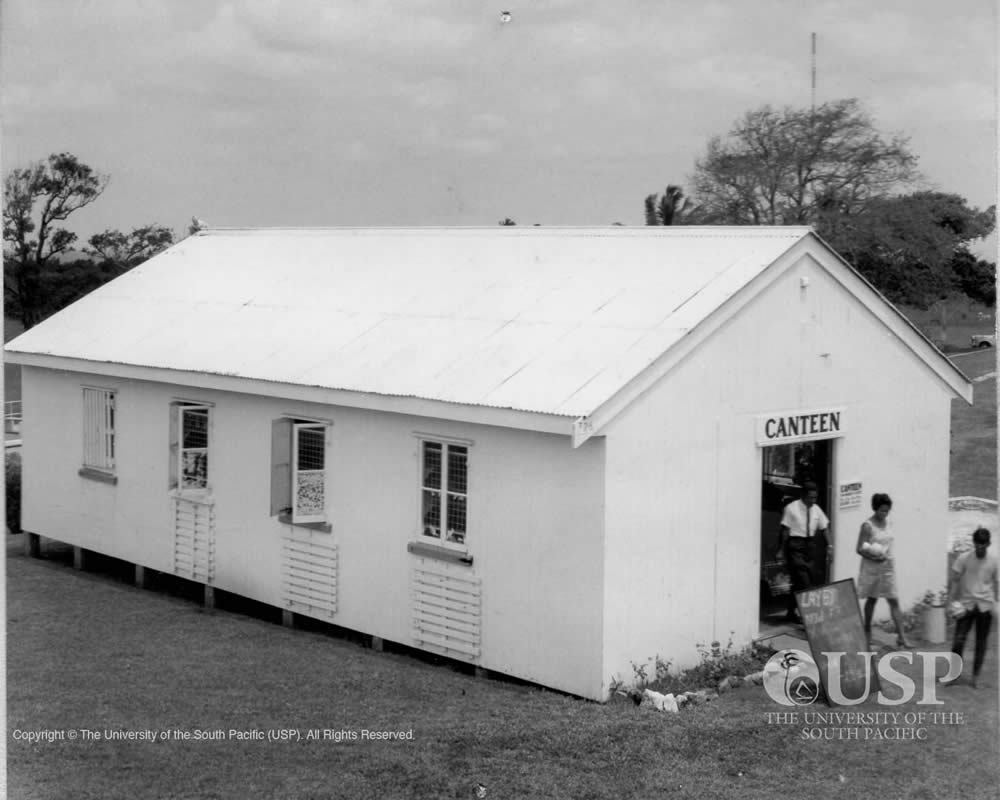
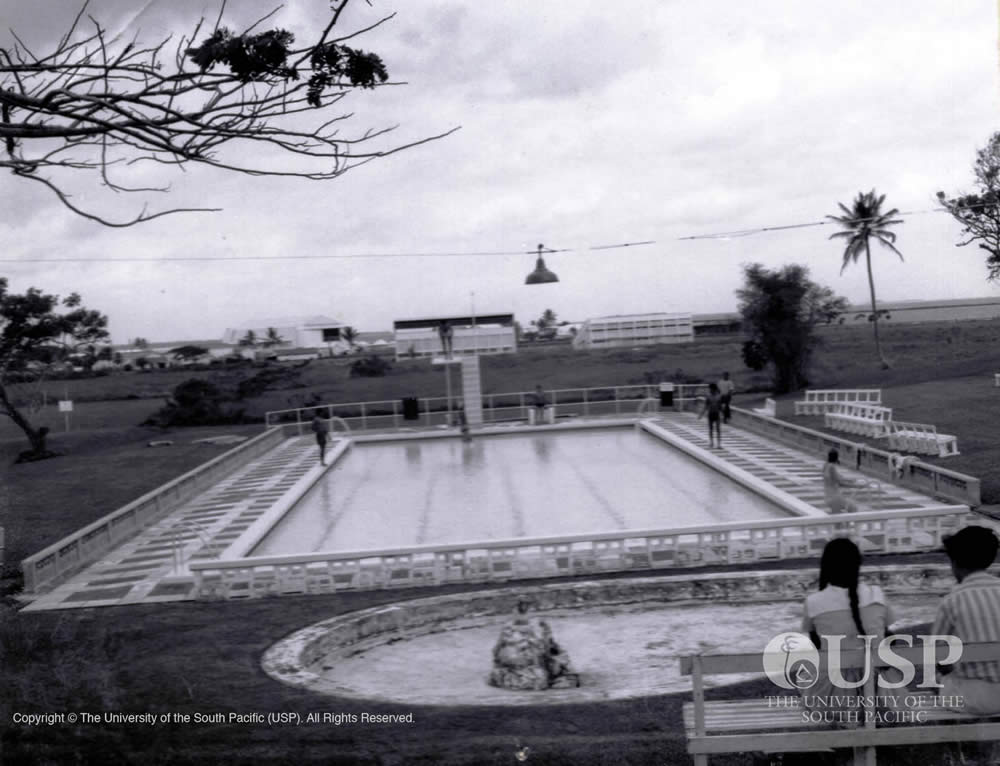
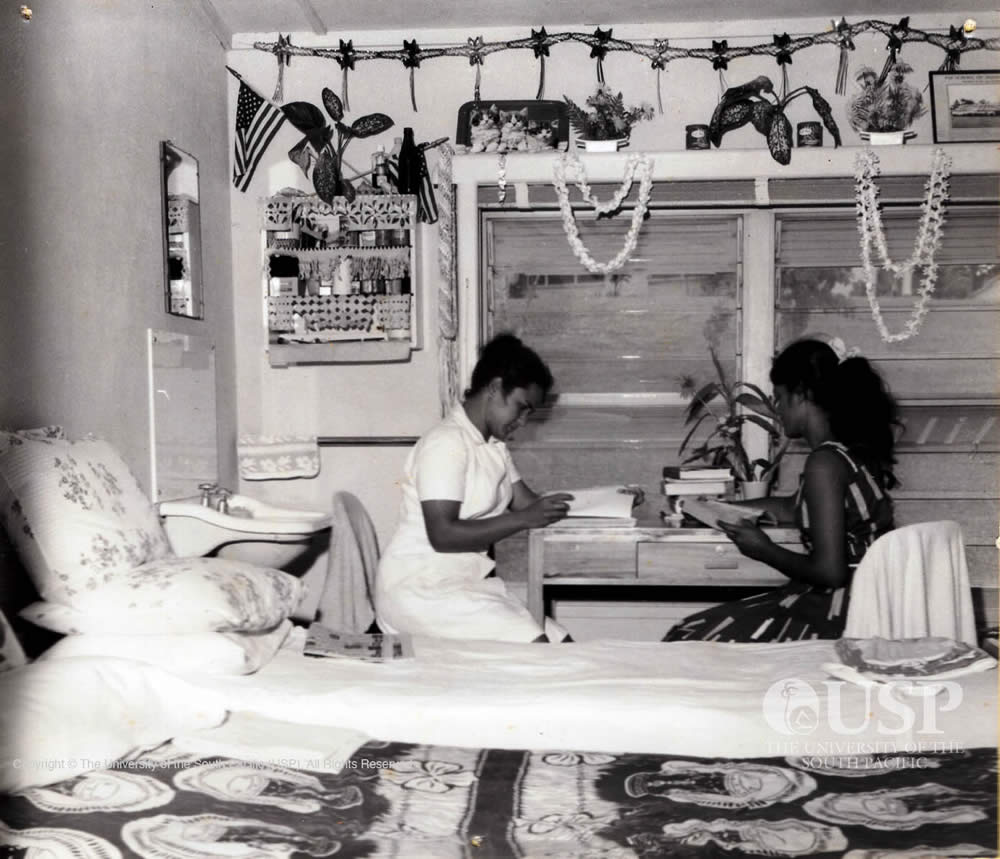
_1539897957.jpg)
_1539897957.jpg)
_1539897957.jpg)
_1539897957.jpg)
_1539897957.jpg)
_1539897957.jpg)
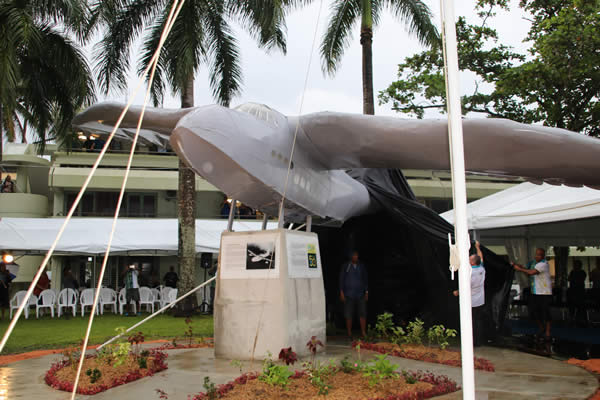
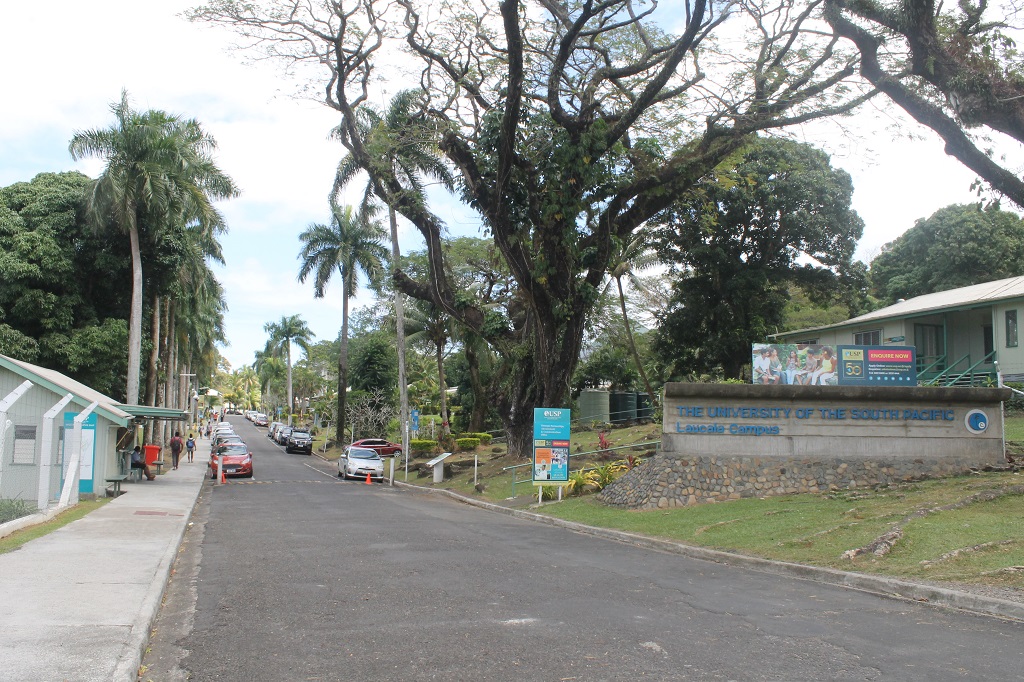
Timeline
1942
The New Zealand Air Force established a flying base at Laucala Bay during World War II. The buildings were all made available to the Government of Fiji to establish USP in 1968. The site became known as Laucala Campus. The University used the base’s buildings to house staff and accommodate up to 250 students. The larger buildings were converted into libraries, lecture rooms and laboratories. The swimming pool and some buildings remain today.
1965
The founding of USP was a complex process as 11 Pacific countries discussed the idea in their respective parliaments. In 1965, the “Higher Education Mission to the South Pacific”, was appointed by the UK and NZ governments. It was chaired by Sir Charles Morris and was tasked with investigating the possibilities of establishing a higher education institution.
1966
The Morris Report of 1966 was released and it was essentially the founding document of USP. Along with the Alexander report which followed soon after, progress began to transfer the land and buildings from the NZRAF.
1967
In June, the Fiji Government passed an Ordinance establishing an Interim Council of USP. It met for the first time September 1967, under the chairmanship of Sir Morris.
1968
The Laucala campus was officially opened. At its first Council Meeting, it was decided that USP would open in February with preliminary classes only. The commencement of degree courses and the opening of the Secondary Teachers’ College were planned for 1969. Three schools were established: the School of Mathematics; the School of Social Science; and the School of Natural Resources.
1969
The RNZAF Officers Mess was converted into a library. It is currently the Pacific Studies building which houses the Gallery of Oceanian Art.
1971
USP’s first graduation was held at Laucala Campus with 49 graduates.
1972
The library was moved to a new building, which is currently called the Communications building which houses Student Administration Services.
1988
The library was moved a third time to its present location.
1997
The Australia Pacific Lecture Theatre was officially opened at Laucala Campus.
2007
A new learning management system was adopted (called “Moodle”) which allowed students to study courses online.
2010
Japan Pacific ICT Centre was officially opened by Fiji’s President Epeli Nailatikau and the Japanese Ambassador Mr. Yutaka Yoshizawa.
2012
The Confucius Institute was officially opened.
2018
USP celebrates its 50th anniversary. Major General (Retd) Jioji Konousi Konrote, President of the Republic of Fiji, launched the 50th anniversary celebrations in Fiji. A flying boat memorial was constructed near the Faculty of Business and Economics.
References
David, S. 2004. The South Pacific Handbook (7th edition), Vancouver, Canada.
Irmaan, S. 2012. 75THUSP Council Meeting, USPBeat Magazine, Development, Marketing and Communications Office, The University of South Pacific, 6 November: Vol 11, pp-2-7. https://www.jica.go.jp/project/fiji/002/materials/ku57pq00000kj68b-att/usp_vol11_201211.pdf
Lalakobau, R.2018. Exhibition to mark 50th Anniversary, The Fiji Times, viewed at 22 August , 2018. http: //www.fijitimes.com/usp-lauches-5oth-anniversay/
Plumbe, J. 1997. Library and Archives: The University of South Pacific, Suva, Fiji
Ragini, D. Personal communication University Of South Pacific Library, USP Laucala Bay, Suva.
2018. Treasures of the Past – The Humble Beginnings of USP, https://www.usp.ac.fj/news/story.php?id=2826
2018. USP’s 50th Anniversary Website, http://50.usp.ac.fj/menu.php